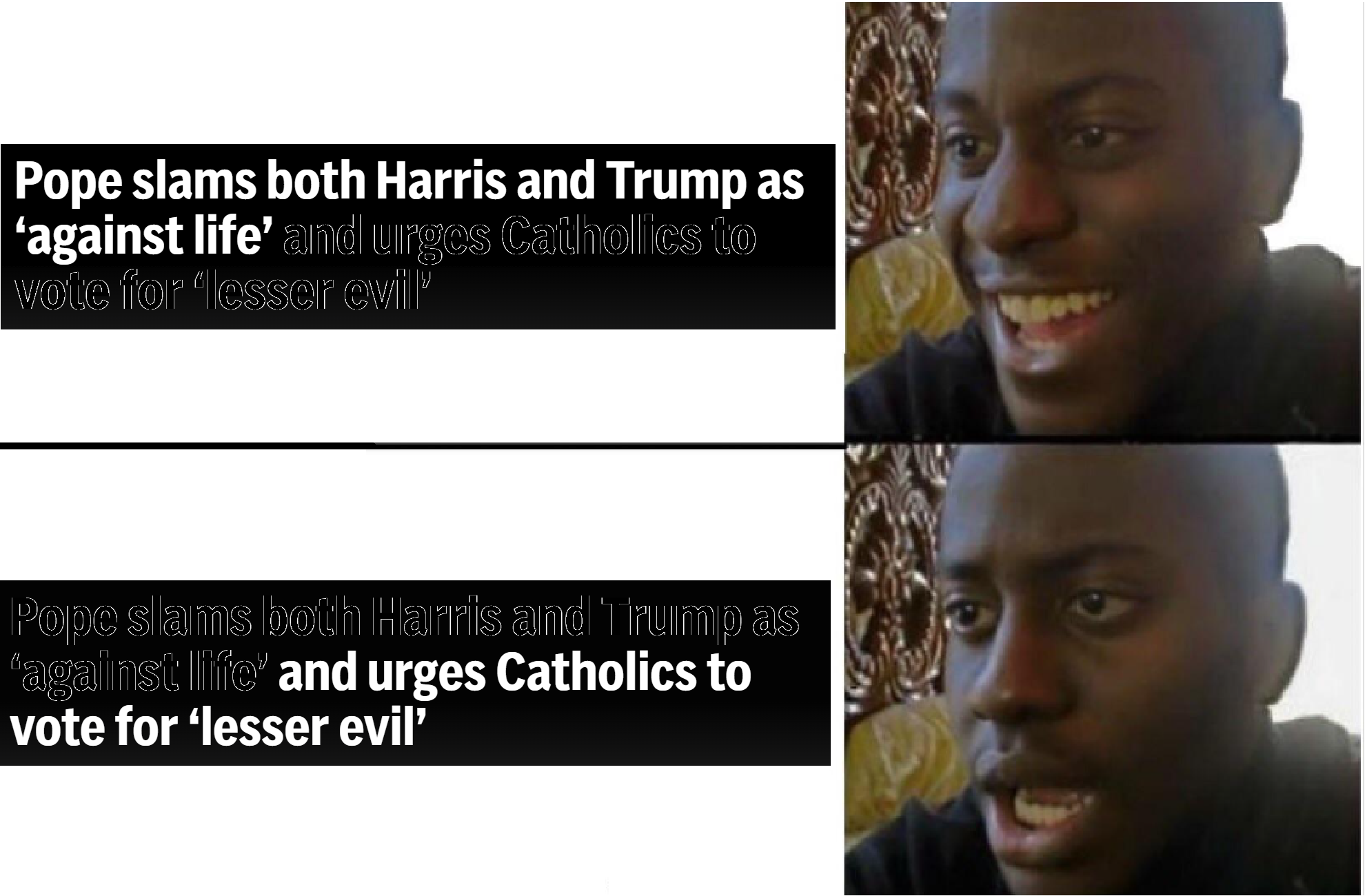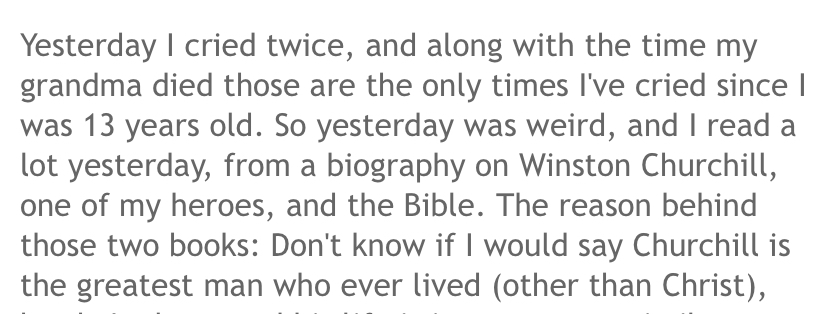The Revelation consists of a series of visions. In the first Christ appears in the garb of a high priest, goes in the midst of seven candlesticks representing the seven churches of Asia and dictates to “John” messages to the seven “angels” of those churches. Here at the very beginning we see plainly the difference between this Christianity and Constantine’s universal religion formulated by the Council of Nicaea.
The Trinity is not only unknown, it is even impossible. Instead of the one Holy Ghost of later we here have the “seven spirits of God” construed by the Rabbis from Isaiah XI, 2. Christ is the son of God, the first and the last, the alpha and the omega, by no means God himself or equal to God, but on the contrary, “the beginning of the creation of God,” hence an emanation of God, existing from all eternity but subordinate to God, like the above-mentioned seven spirits.
In Chapter XV, 3 the martyrs in heaven sing “the song of Moses, the servant of God, and the song of the Lamb” glorifying God. Hence Christ here appears not only as subordinate to God but even, in a certain respect, on an equal footing with Moses. Christ is crucified in Jerusalem (XI, 8) but rises again (I, 5, 18); he is “the Lamb” that has been sacrificed for the sins of the world and with whose blood the faithful of all tongues and nations have been redeemed to God.
Here we find the basic idea which enabled early Christianity to develop into a universal religion. All Semitic and European religions of that time shared the view that the gods offended by the actions of man could be propitiated by sacrifice; the first revolutionary basic idea (borrowed from the Philonic school) in Christianity was that by the one great voluntary sacrifice of a mediator the sins of all times and all men were atoned for once for all — in respect of the faithful.
Thus the necessity of any further sacrifices was removed and with it the basis for a multitude of religious rites: but freedom from rites that made difficult or forbade intercourse with people of other confessions was the first condition of a universal religion.
In spite of this the habit of sacrifice was so deeply rooted in the customs of peoples that Catholicism — which borrowed so much from paganism — found it appropriate to accommodate itself to this fact by the introduction of at least the symbolical sacrifice of the mass. On the other hand there is no trace whatever of the dogma of original sin in our book.
But the most characteristic in these messages, as in the whole book, is that it never and nowhere occurs to the author to refer to himself and his co-believers by any other name than that of Jews. He reproaches the members of the sects in Smyrna and Philadelphia against whom he fulminates with the fact that they
“say they are Jews, and are not, but are the synagogue of Satan”;
of those in Pergamos he says: they hold the doctrine of Balaam, who taught Balac to cast a stumbling-block before the children of Israel, to eat things sacrificed unto idols, and to commit fornication. Here it is therefore not a case of conscious Christians but of people who say they are Jews. Granted, their Judaism is a new stage of development of the earlier but for that very reason it is the only true one.
Hence, when the saints appeared before the throne of God there came first 144,000 Jews, 12,000 from each tribe, and only after them the countless masses of heathens converted to this renovated Judaism. That was how little our author was aware in the year 69 of the Christian era that he represented quite a new phase in the development of a religion which was to become one of the most revolutionary elements in the history of the human mind.
We therefore see that the Christianity of that time, which was still unaware of itself, was as different as heaven from earth from the later dogmatically fixed universal religion of the Nicene Council; one cannot be recognized in the other. Here we have neither the dogma nor the morals of later Christianity but instead a feeling that one is struggling against the whole world and that the struggle will be a victorious one; an eagerness for the struggle and a certainty of victory which are totally lacking in Christians of today and which are to be found in our time only at the other pole of society, among the Socialists.
In fact, the struggle against a world that at the beginning was superior in force, and at the same time against the novators themselves, is common to the early Christians and the Socialists. Neither of these two great movements were made by leaders or prophets — although there are prophets enough among both of them — they are mass movements.
And mass movements are bound to be confused at the beginning; confused because the thinking of the masses at first moves among contradictions, lack of clarity and lack of cohesion, and also because of the role that prophets still play in them at the beginning. This confusion is to be seen in the formation of numerous sects which fight against one another with at least the same zeal as against the common external enemy.
So it was with early Christianity, so it was in the beginning of the socialist movement, no matter how much that worried the well-meaning worthies who preached unity where no unity was possible.
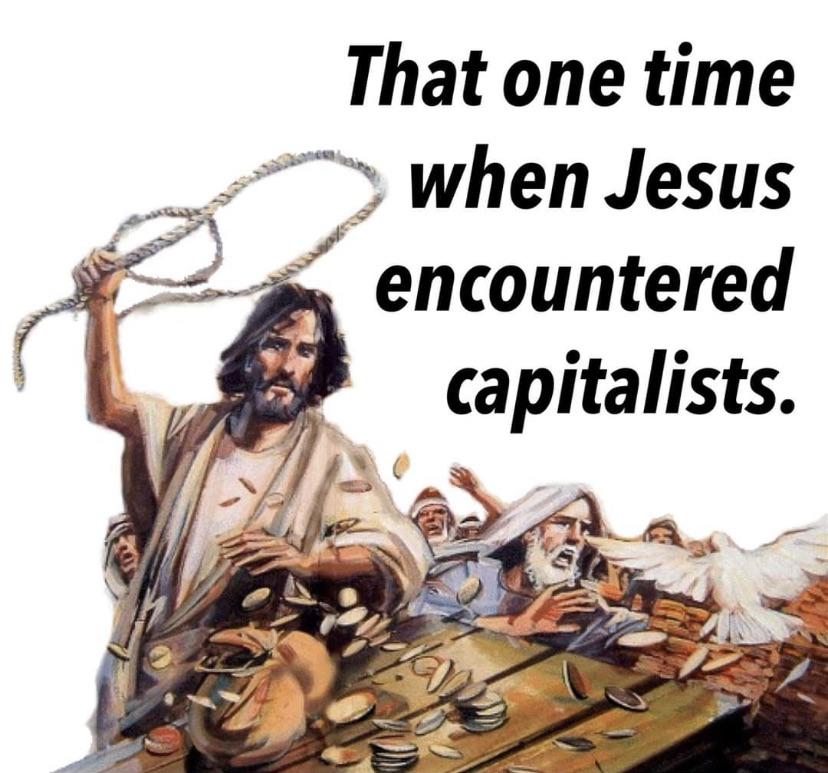
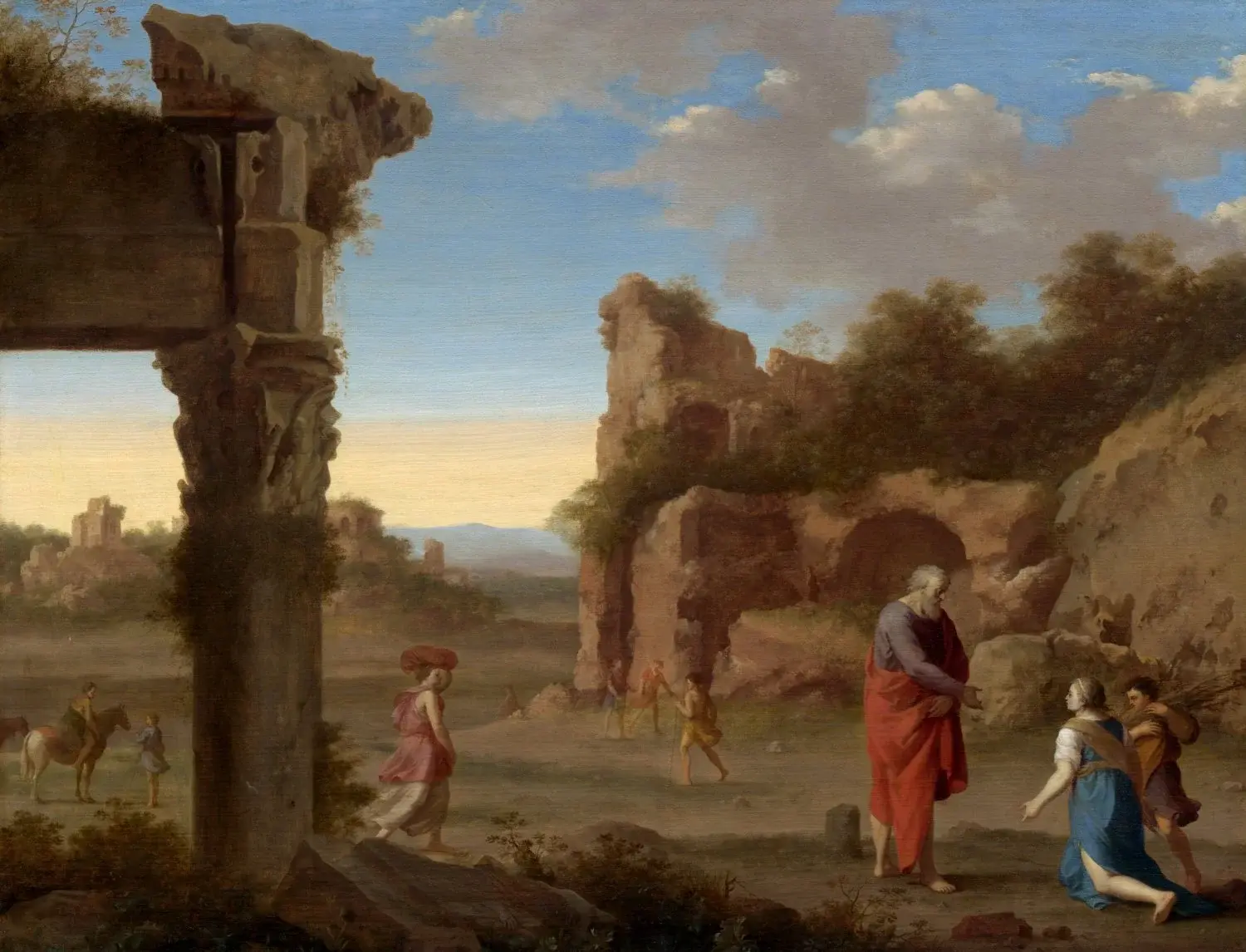

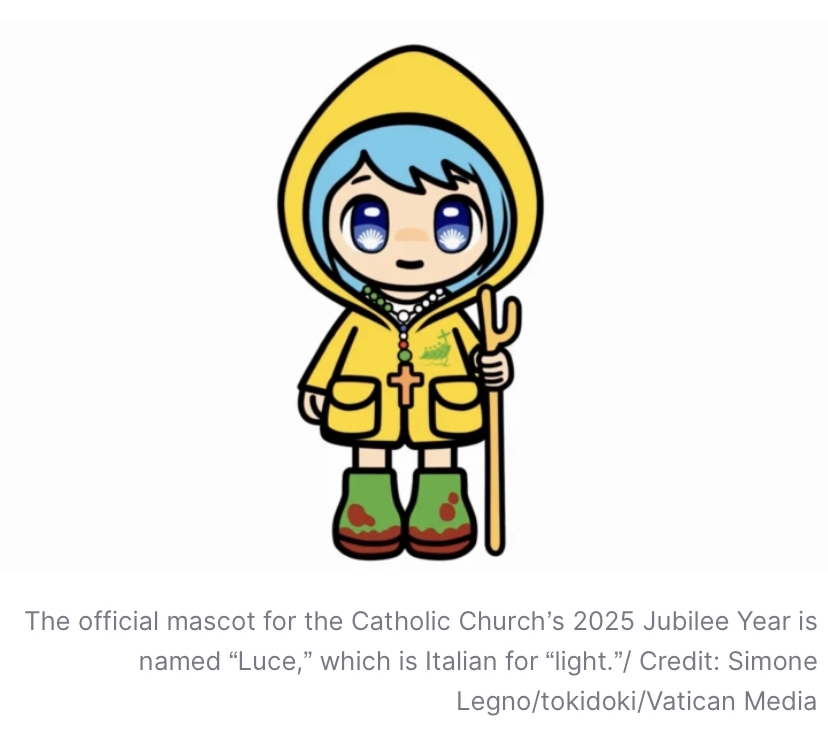
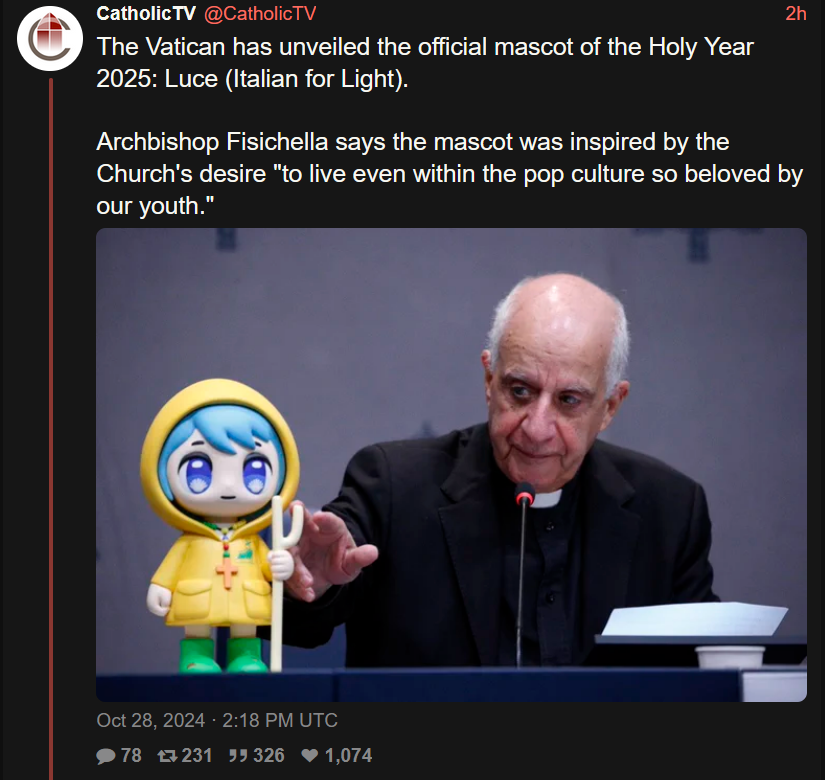



 "Oh, you're Christian? DON'T YOU WANT THESE REALLY COOL INSTRUMENTS OF VIOLENCE AND DEATH!?"
"Oh, you're Christian? DON'T YOU WANT THESE REALLY COOL INSTRUMENTS OF VIOLENCE AND DEATH!?"
